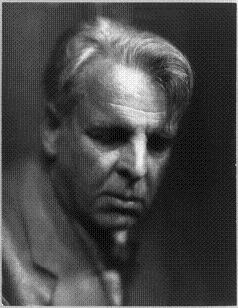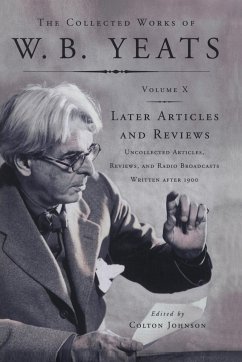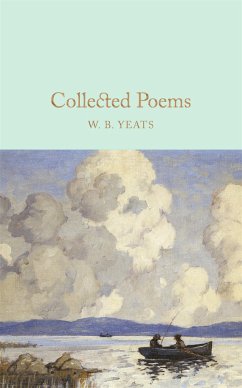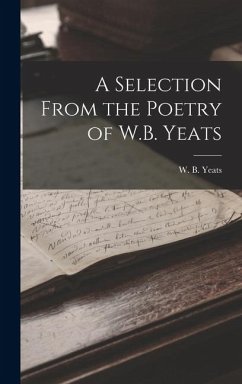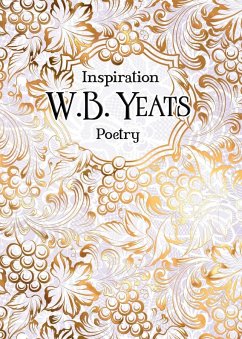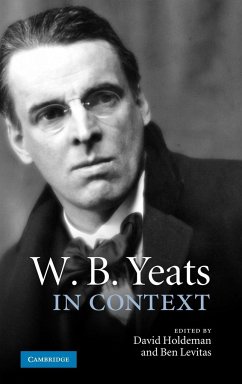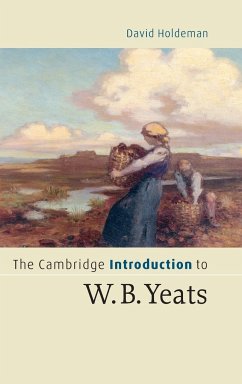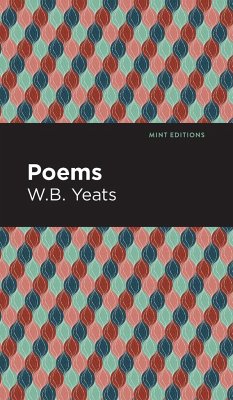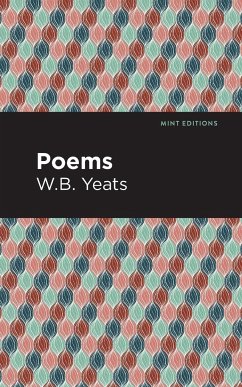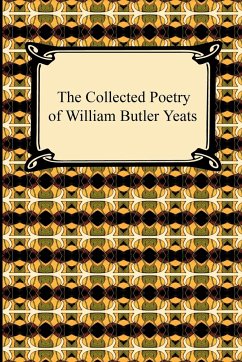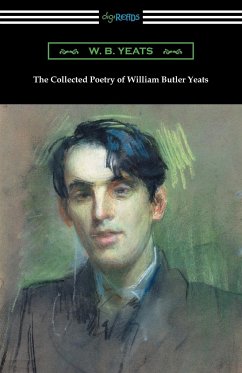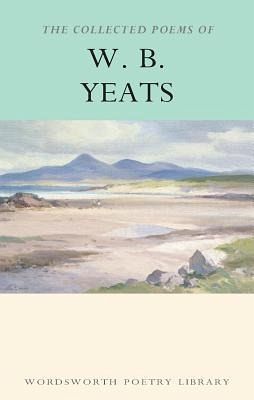
Collected Poems of W.B. Yeats
Versandkostenfrei!
Sofort lieferbar
6,49 €
inkl. MwSt.

PAYBACK Punkte
3 °P sammeln!
With a new Introduction by Cedric Watts, Research Professor of English, University of Sussex. W. B. Yeats was Romantic and Modernist, mystical dreamer and leader of the Irish Literary Revival, Nobel prizewinner, dramatist and, above all, poet. He began writing with the intention of putting his 'very self' into his poems. T. S. Eliot, one of many who proclaimed the Irishman's greatness, described him as 'one of those few whose history is the history of their own time, who are part of the consciousness of an age which cannot be understood without them'. For anyone interested in the literature of...
With a new Introduction by Cedric Watts, Research Professor of English, University of Sussex. W. B. Yeats was Romantic and Modernist, mystical dreamer and leader of the Irish Literary Revival, Nobel prizewinner, dramatist and, above all, poet. He began writing with the intention of putting his 'very self' into his poems. T. S. Eliot, one of many who proclaimed the Irishman's greatness, described him as 'one of those few whose history is the history of their own time, who are part of the consciousness of an age which cannot be understood without them'. For anyone interested in the literature of the late nineteenth century and the twentieth century, Yeats's work is essential. This volume gathers the full range of his published poetry, from the hauntingly beautiful early lyrics (by which he is still fondly remembered) to the magnificent later poems which put beyond question his status as major poet of modern times. Paradoxical, proud and passionate, Yeats speaks today as eloquently as ever.




